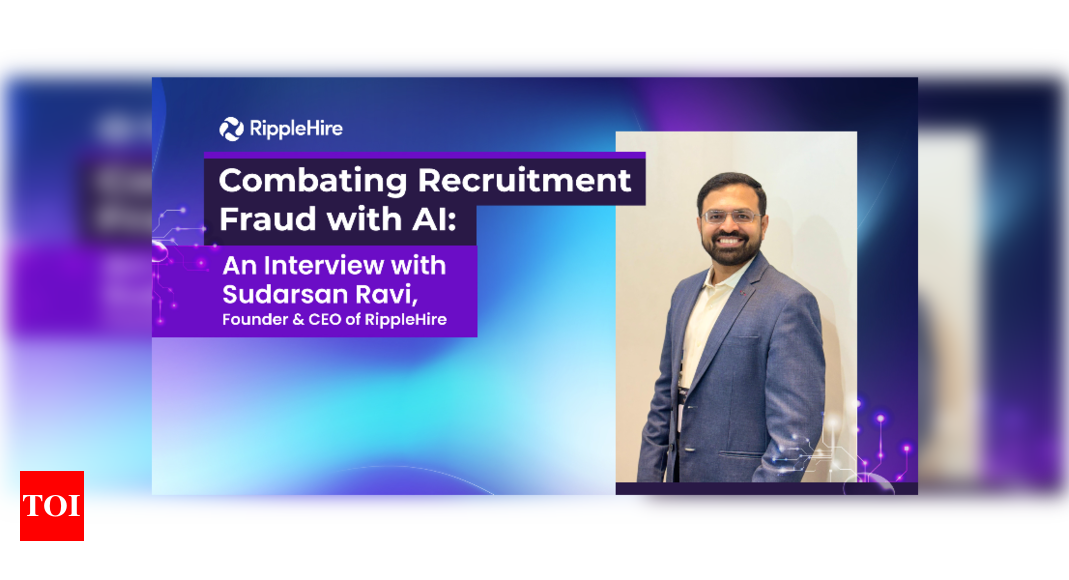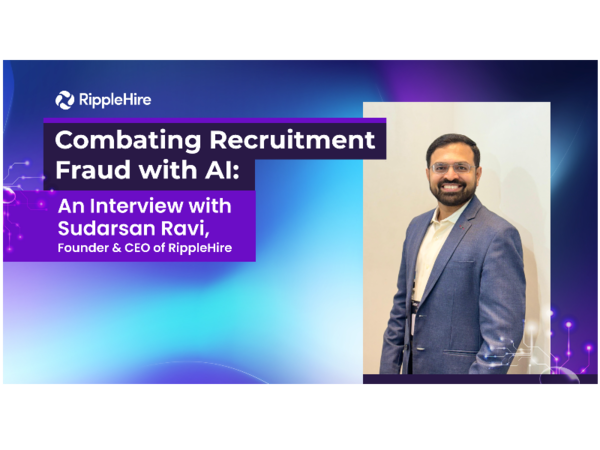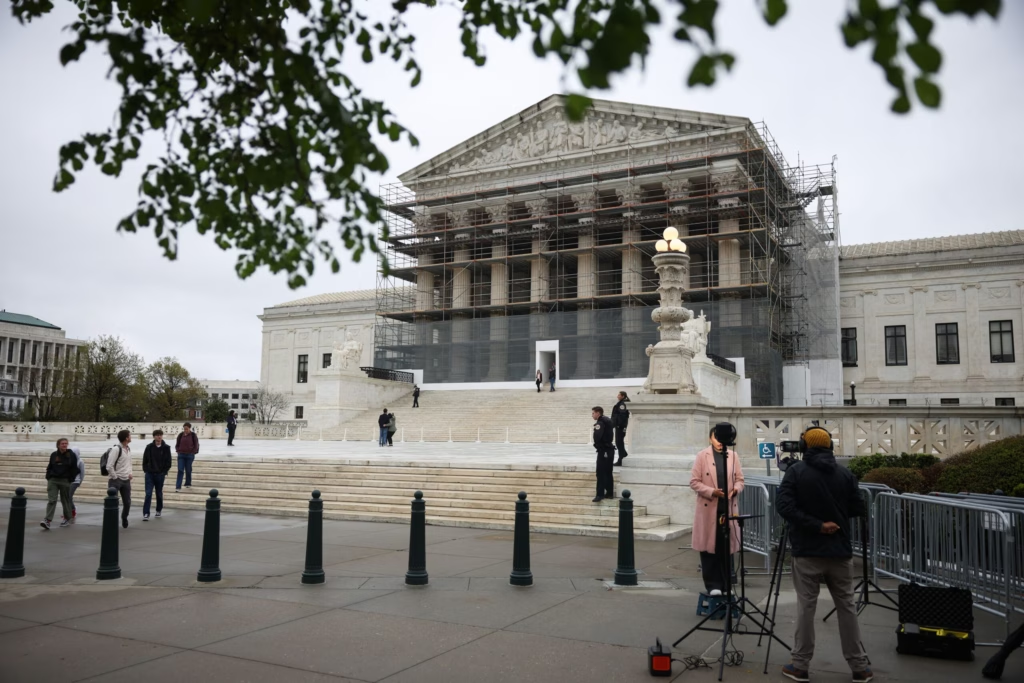Combating Recruitment Fraud with AI: An Interview with Sudarsan Ravi, Founder & CEO of RippleHire

Business new tamfitronics

RippleHire, is a top intelligent talent acquisition cloud. Since 2012, RippleHire makes recruiting effortless and delightful for 1M+ users in 50+ countries. Its intelligent TA Cloud efficiently matches companies with the right talent, resulting in consistent 4.5/5 recruitment and candidate scores.
In this exclusive interview, we sit down with Sudarsan Ravi, the visionary Founder and CEO of RippleHire.
Known as a category creator in the employee referral space, Sudarsan is respected as one of the foremost experts in TA technology. With a focus on combating recruitment fraud with AI, Sudarsan delves into the unique problems RippleHire is solving and the ethical considerations surrounding AI in candidate screening.
Q1. We are hearing about AI everywhere. Is it effective in the world of talent acquisition, or is it still hyped up?
AI has been a buzzword in recruiting for years. In fact it’s often used for marketing without delivering, leading to skepticism. However, we’ve seen significant advancements since late 2022. Examples like Digi Yatra’s facial recognition and large language models like GPT-4 showcase AI’s potential.
RippleHire has been working on AI even before ‘generative AI’ became popular. In the past 18 months, we’ve witnessed a dramatic improvement in AI’s effectiveness.
AI is no longer just hype in talent acquisition. It’s a powerful tool that can streamline processes, enhance candidate experiences, and provide valuable insights. From resume screening and matching to interview scheduling and candidate engagement, AI is revolutionizing the way we approach talent acquisition.
Q2. What are some unique problems you are solving using AI?
RippleHire uses AI to address challenges in emerging markets like India and Southeast Asia. Besides common issues like recommendations and skill intelligence, we tackle candidate duplication, fraud, and impersonation.
In these regions, fraudsters exploit job scarcity by offering fake degrees and experiences. Our AI reads resumes, matches them against databases, and identifies genuine candidates. We also use AI facial recognition to prevent impersonation.
By tackling these challenges, we aim to create a fair and efficient talent acquisition ecosystem in these regions.
Q3. How can AI be integrated with existing recruitment platforms to enhance fraud detection? What are the limitations, and how can they be addressed?
Integrating AI with recruitment platforms requires understanding fraud nuances. In India, individuals can buy fake identities, degrees, and experiences, challenging candidate authenticity.
AI reads resumes, matches them against databases, and identifies discrepancies. For impersonation, AI facial recognition can be used for recruitment face checks, similar to airport security.
To combat fraud, AI verification must be integrated throughout hiring, from screening to onboarding. Utilizing government IDs and continuously validating candidate photos ensures the same person is involved at every stage.
Q4. Do you believe that future advancements in AI could further strengthen defense against recruitment fraud?
AI and fraud are like a virus-antivirus problem. As new types of fraud emerge, AI must adapt to combat them. Fraudsters have evolved from simply tracking faces to hiding laptops under tables during interviews.
AI can now go beyond traditional methods to identify impersonation, but it will need to keep advancing as fraudsters train their own AI models to conduct interviews with the right face and voice but lacking true expertise.
To tackle this evolving challenge, organizations need the right technology infrastructure. Relying on outdated systems like email and Excel sheets will make it difficult to combat future fraud, as fraudsters often adapt to technology faster.
Recruiters should establish a strong, foundational talent acquisition system to stay ahead of the curve as technology leapfrogs.
Q5. What are the ethical considerations when using AI to screen candidates?
AI models can exhibit bias if developed using biased data or assumptions. To mitigate this and promote diversity, we focus on a candidate’s job suitability rather than learning from potentially biased past hiring decisions.
We employ techniques like resume redaction to anonymize information not directly relevant to job performance. Our AI assesses candidates based on skills, experience, and potential, not demographic factors. We monitor our models for fairness and are transparent in explaining how our AI makes decisions.
Disclaimer: Content Produced by Trampoline Tech
Discover more from Tamfis Nigeria Lmited
Subscribe to get the latest posts sent to your email.



 Hot Deals
Hot Deals Shopfinish
Shopfinish Shop
Shop Appliances
Appliances Babies & Kids
Babies & Kids Best Selling
Best Selling Books
Books Consumer Electronics
Consumer Electronics Furniture
Furniture Home & Kitchen
Home & Kitchen Jewelry
Jewelry Luxury & Beauty
Luxury & Beauty Shoes
Shoes Training & Certifications
Training & Certifications Wears & Clothings
Wears & Clothings
















